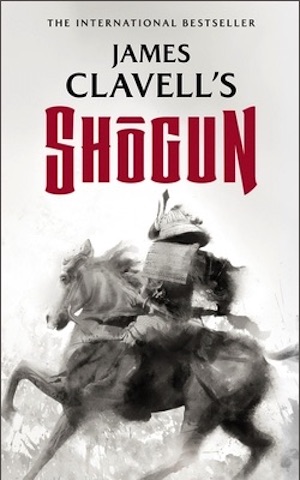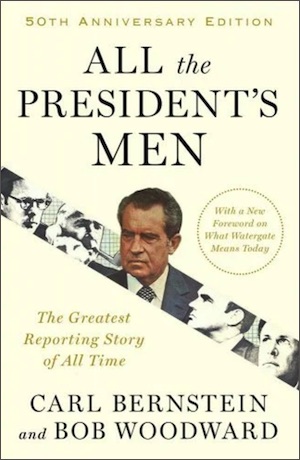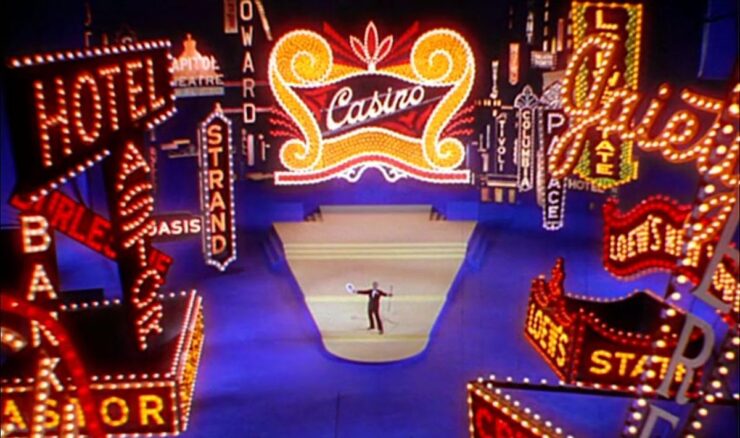As my readers may have deduced, I read a lot of science fiction. It happens that I also seek out and enjoy material I tend to think of as SFF-adjacent, books that share some important theme or element with science fiction and fantasy. Perhaps examples will make what I am talking about clearer…
Singin’ in the Rain (1952)
Singin’ in the Rain would conventionally be classified as an American musical (romantic comedy) film. Directed and choreographed by Gene Kelly and Stanley Donen, it stars Kelly, Donald O’Connor, Debbie Reynolds, Jean Hagen, Millard Mitchell, and Cyd Charisse. Briefly put, the film follows a close-knit (but not always friendly) group of actors as they navigate their way through the production of what promises to be a memorably wretched film. There is a possible solution, but not one that will please vain and vindictive leading lady Lina Lamont.
The movie feels SF-adjacent (at least to me) because the entire plot is set into motion by a dramatic technological shift. Whereas previously moving picture shows were silent, now sound is part of the equation. Navigating the new demands placed on cast and crew is vital. Those who cannot adapt—for example Lina, whose voice is grating—risk abrupt unemployment.
Hec Ramsey (1972-74)
Hec Ramsey ran for ten episodes over two seasons from 1972 to 1974. Starring Richard Boone as the title character, Hec Ramsey could be mistaken at first glance as yet another television western, like Gunsmoke, Bonanza, and How the West Was Won. On closer examination, there was a driving element reminiscent of many science fiction novels: social and technological change.
The social change was the end of the old West in which Hec made his reputation gun-slinging. Forced to adept to 1901’s realities, Hec reinvents himself as the local forensic examiner. Where he used to rely on his quick draw technique, now Hec uses cutting-edge forensic science to catch the bad guys. Of course, even by 1972’s standards, 1901’s cutting edge is rudimentary, but it’s exciting new technology to Hec and company.
One especially memorable episode involved a different sort of novel technology: a criminal is aghast to learn he is scheduled to be executed by the new-fangled electric chair, rather than hanged like a respectable crook. Hijinks ensue.
Shōgun by James Clavell (1975)

In James Clavell’s Shōgun, English pilot John Blackthorne and his shipmates find themselves shipwrecked in a land somewhat based on the historical Japan. Japan at this time is not terribly eager for foreign contact, having well-founded suspicions about imperialist visitors. As well, being on the brink of a nation-altering civil war, the Japanese do not need outside distractions. Nevertheless, Blackthorne is in Japan, and some role will need to be found for him, even if only as a cautionary example.
SF is filled with stories about travelers shipwrecked in unfamiliar cultures. Clavell’s tale happens to be based on a real historical event. While it would be easy to snark at some length about Clavell’s rather lurid and simplified version of pre-Shogunate Japan, which has a violent death rate for which no reasonable birthrate could possibly compensate, the novel did do one thing unusual for stories of its sort, which is to resist the so-called “Mighty Whitey” trope in which the visitor from our culture easily dominates his new homeland. Blackthorne is and remains a very minor player. Had he drowned off Japan, it would not have altered history at all.
All the President’s Men by Carl Bernstein and Bob Woodward (1974)

Bernstein and Woodward’s All the President’s Men details the journalistic investigation that followed the arrest of a number of Republican-affiliated operatives caught breaking into Democratic Party offices in the Watergate Office Building. The trail leads back to the Oval Office and to the then-President. Ultimately, the break-in and the revelations that follow doom Nixon’s presidency.
Bernstein and Woodward’s account is a close cousin to all those power fantasy stories in which one or more nobodies stumble over a dark secret and by exposing the secret to the light of day, bring down a powerful man. King’s The Dead Zone would be one example. A moment’s consideration suggests that what would actually happen is a passing scandal followed by business as usual. The fact that the Watergate Scandal did end Nixon’s presidency just goes to show that actual history is not required to be plausible.
***
No doubt there are many non-SFF works that also have parallels to science fiction unmentioned above. Feel free to mention your favorites in comments.
In the words of fanfiction author Musty181, four-time Hugo finalist, prolific book reviewer, and perennial Darwin Award nominee James Davis Nicoll “looks like a default mii with glasses.” His work has appeared in Interzone, Publishers Weekly and Romantic Times as well as on his own websites, James Nicoll Reviews (where he is assisted by editor Karen Lofstrom and web person Adrienne L. Travis) and the 2021, 2022, and 2023 Aurora Award finalist Young People Read Old SFF (where he is assisted by web person Adrienne L. Travis). His Patreon can be found here.










